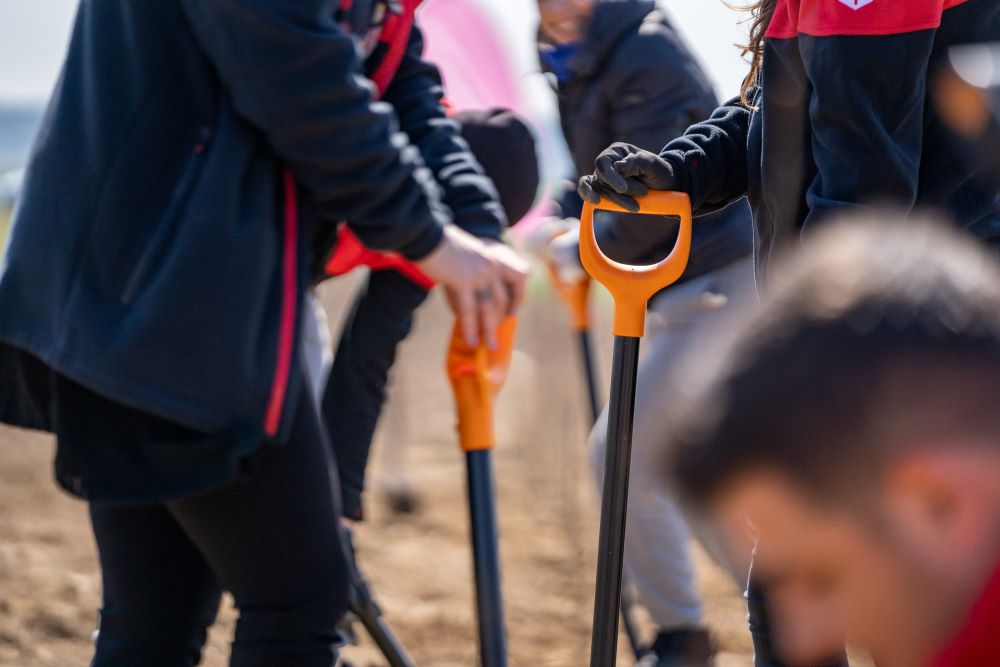Top Tips To Help Your Garden Survive Florida Heat 2023
The stifling heat of summer in Florida can be tough on your landscape, and some extra care may be needed to keep your plants alive and thriving. The issues that put stress on plants in hot weather include excessive heat, not enough water, too much wind, and lack of mulch.
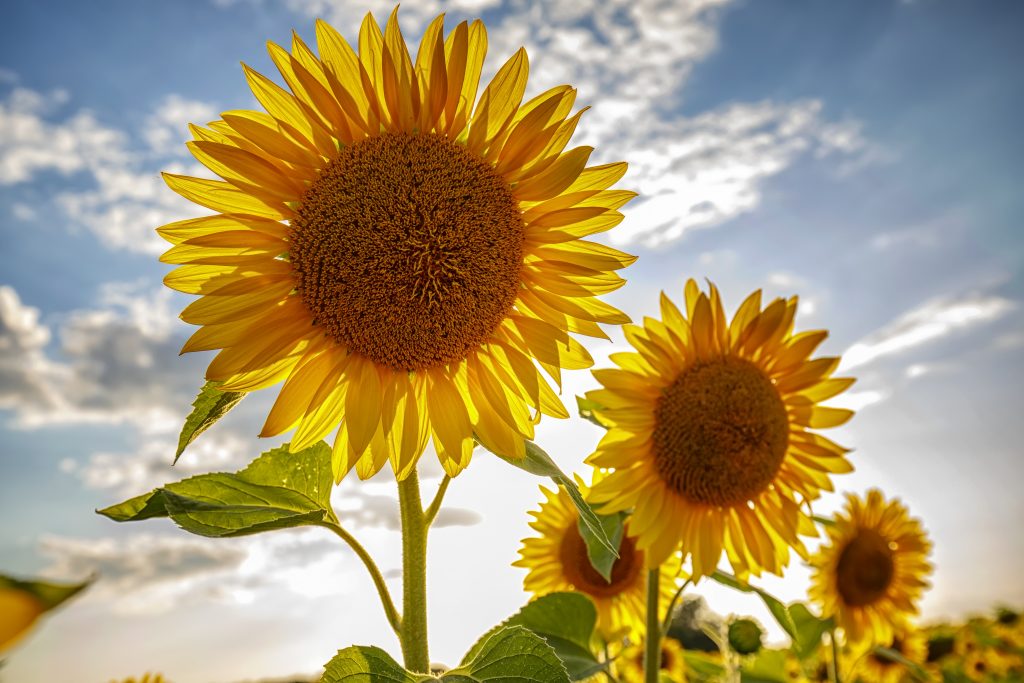
Signs that Plants are Distressed
Every plant has its own reaction to weather conditions. The sweltering heat of summer has negative effects on some plants but not others. When plants begin to suffer from heat-related issues, they can be saved all the way up to a certain point. The following are indications of water loss or heat stress in plants:
- Wilting leaves
- Browning of leaves
- Premature leaf drop
- Dry soil or dry root zone
- Spotting of foliage
Plants Get Thirsty Too
A lack of moisture is one of the biggest threats to plants. It is also a struggle for gardeners in the summer. Make sure you are watering your garden constantly and create a watering schedule. Make sure you are watering your garden constantly. Additionally, you should be watering at a strategic time of day. Early morning or late evening are some of the best times to water because the sun has not set yet. Watering while the sun is still out causes evaporation.
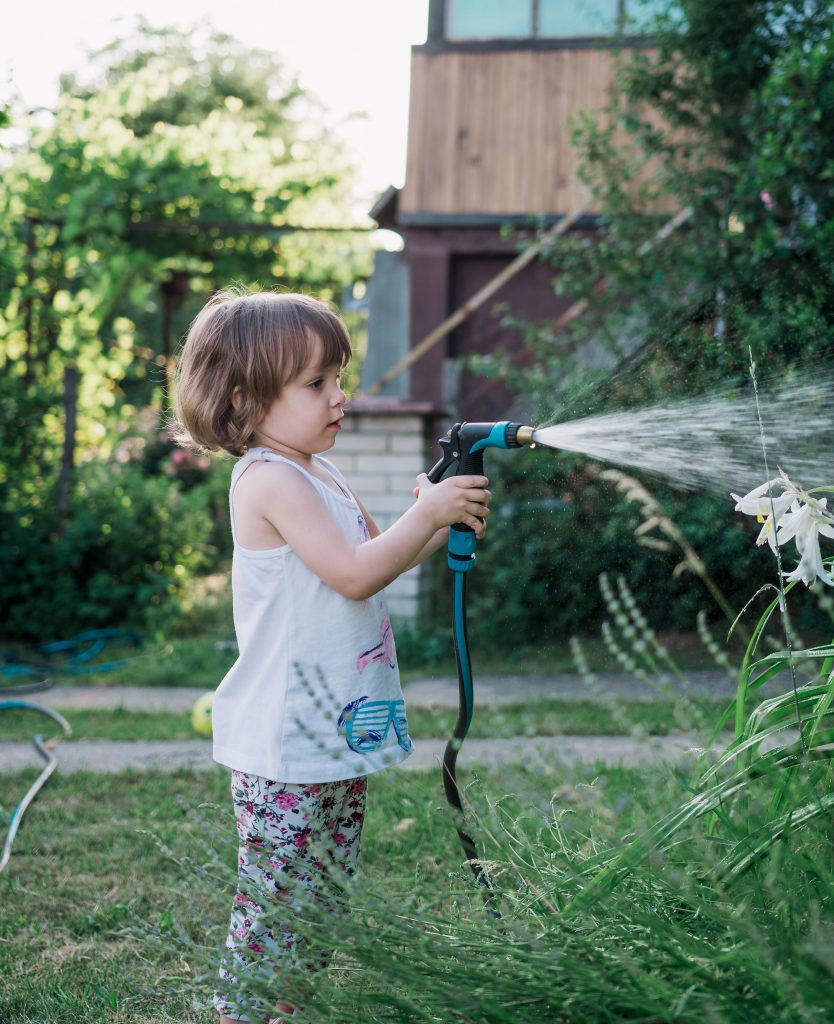
Watering In The Early Morning
The early morning is the best time to water plants. Heatwaves during the day will pull moisture right out of the soil and dehydrate shallow roots. Additionally, when you water in the early morning, it ensures that the roots are amply hydrated before the hottest part of the day begins. Additionally, it prevents heat stress, which is also known as a sunburn for plants. You can always go for a second watering for the day if one doesn’t seem to be enough. Remember, you are at the mercy of the sun, so avoid strenuous outdoor work in the middle of the day.
Bring Head Protection
Just like us, gardens could use a little extra protection from the hot sun at summer’s peak. Consider adding mulch to your beds as a way of offering a wide-brimmed sun hat to your plants. Mulch helps plants hold on to water longer. Adding compost is also a great tool, as it slowly breaks down providing a steady supply of nutrients right to the roots.
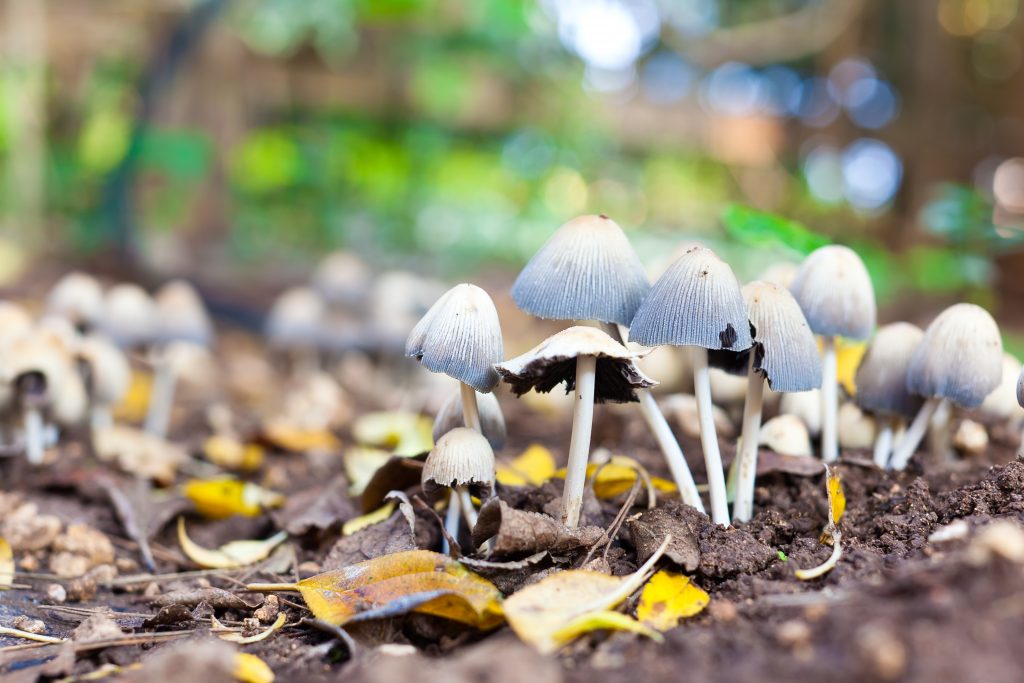
Beware of Fungi, Keep The Harmony
Humidity and fungi are best friends, which is great for them, but pretty toxic to everyone else at the garden party. Taking the time to get fungi under control before summer hits can make a world of difference for your remaining warm-season veggies and ornamentals.
Nothing brings the room down quite like a bad dose of powdery mildew! Here are a few preventative measures you can take to help keep the harmony in your garden.
- How to control fungi in the Florida garden
- Giving Plants Room to Breathe! Proper spacing means improved airflow, which is not going to help fungi flourish. They grow best in stagnant, humid conditions, so providing good air circulation is one way to stop them in their tracks.
- Up the Resistance! Many veggies and herbs are now offering resistant cultivars proven to reduce the likelihood of fungi. Do your research and take advantage of these plants.
- Watch the Water. Overwatering is the number one way to prematurely kill a plant. Fungi happen to need a moist environment in order to produce spores and propagate. These two points alone should be enough to consider revising your watering schedule. Remember, water your plants each day for two weeks after installation and then start tapering off from there.
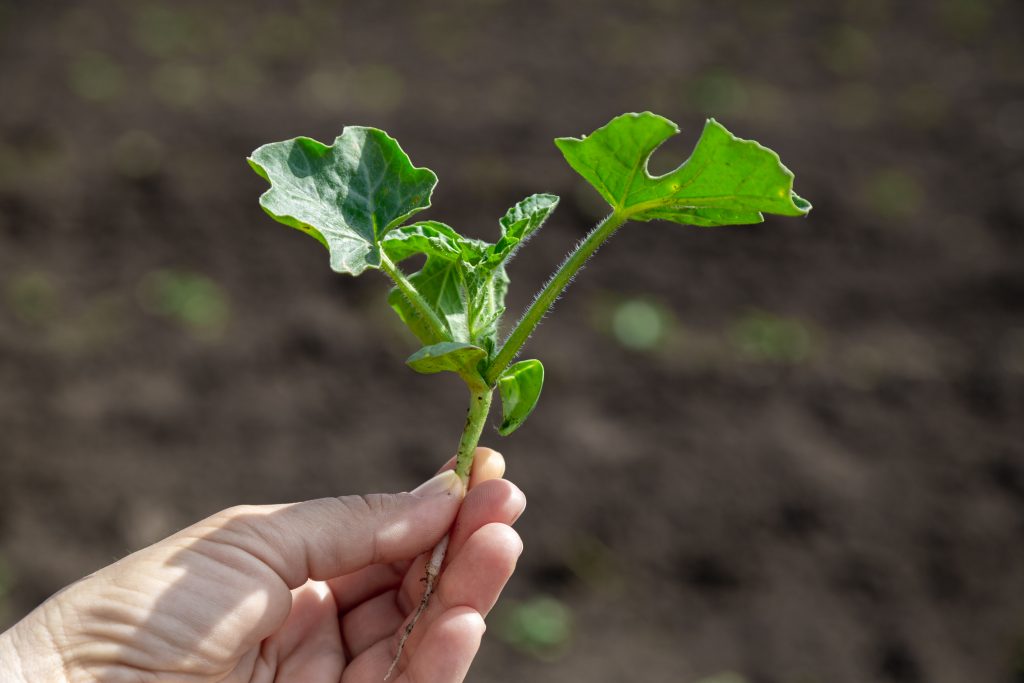
Flowers With Some Powers
You might want to be sure what you are planting is ready for the heat and intense sun of Florida. As a general rule, avoid starting leafy greens, lettuces, and other delicate veggies and herbs at this point. There are many great options for summertime gardening fun, including:
- Sunflowers! Nothing says “summer” more than a sunflower!
- Wildflowers – Have you seen our latest Native additions?
- Sweet Potatoes- Heat-loving, simple, and attractive! The early leaves are edible, making a great addition to summer salads.
- Okra – A great late-season veggie with a gorgeous flower that is anything but understated.
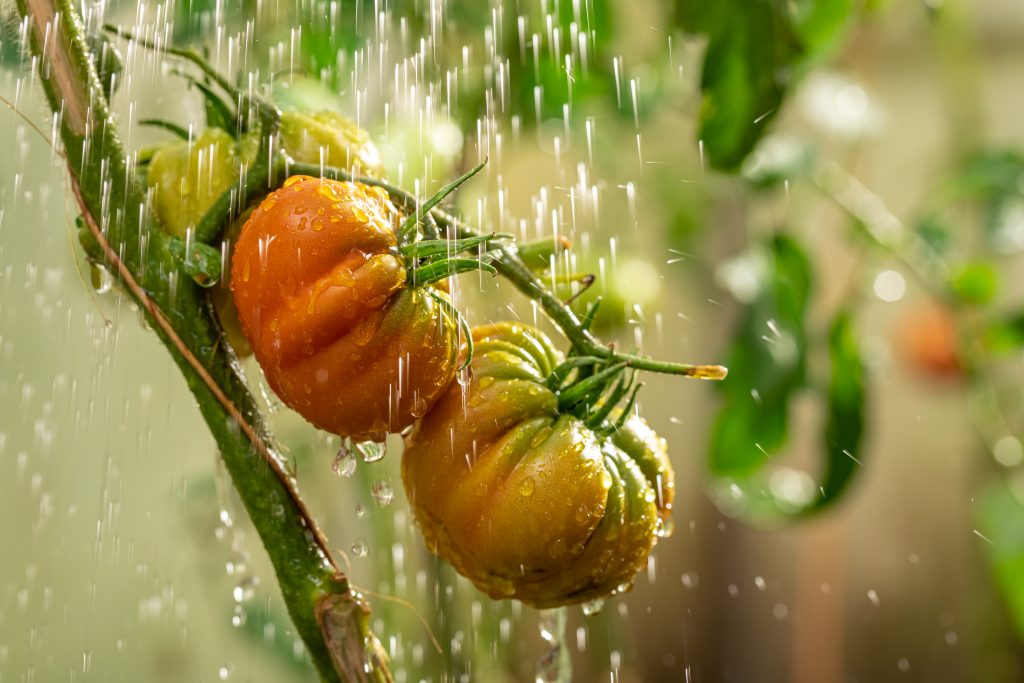
Plant Long-Lasting Vegetables
One of the biggest downers of summer (especially if you are new to Florida) is that food gardening, at least as far as vegetables are concerned, slows down. It may not be the ideal time to start planting, but it can be a great time to keep enjoying the bounty produced by long-season growers. A few veggies that effortlessly slide from spring to summer include:
- Eggplants
- Tomatoes- Cherry and Everglades (a Native) recommended.
- Peppers- Think hot season= hot peppers! Our favorites: Poblano, Jalapenos, Habaneros, and Serrano.
- Collard Greens- Keep trucking well into fall!
- Onions- Green and bulbing
- Rosemary, Thyme, and Mint
All the above love the sun, heat, and rain that come with summertime in Florida. Be sure to keep up your monitoring of pests and diseases for the best results.


